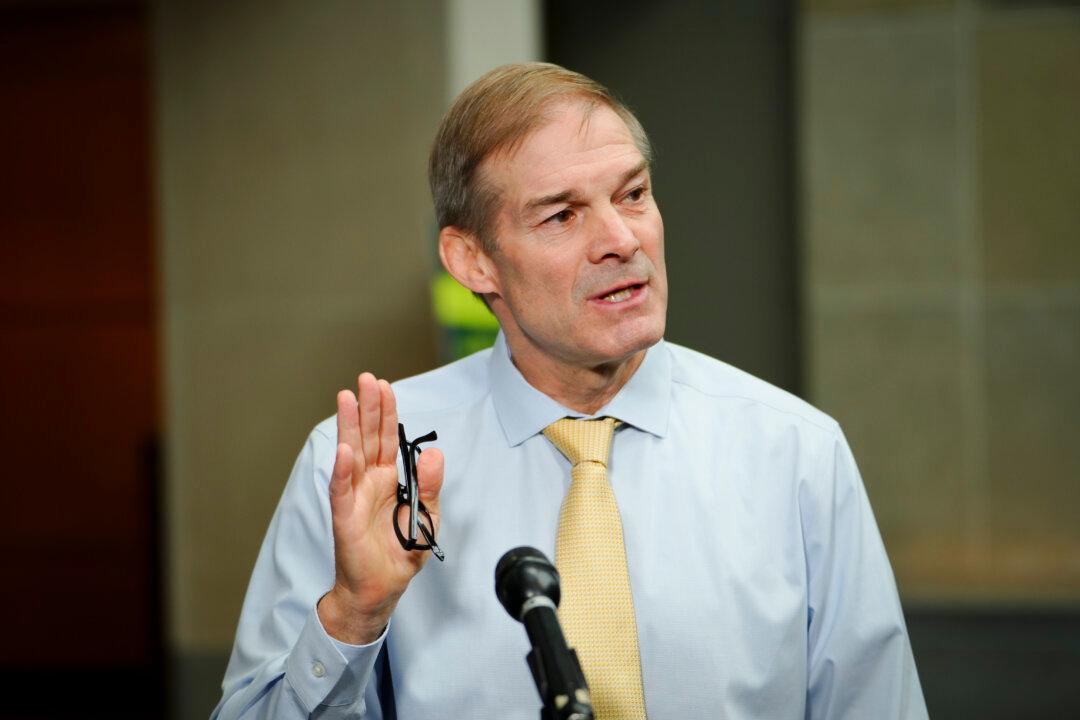The House Judiciary Committee is suing an FBI agent for defying a subpoena to testify on alleged efforts by the federal government to suppress free speech online.
On Tuesday, the Republican-led House Judiciary Committee filed a complaint in the U.S. District Court for Washington D.C., seeking a judge’s order compelling FBI agent Elvis Chan to appear before the committee.





